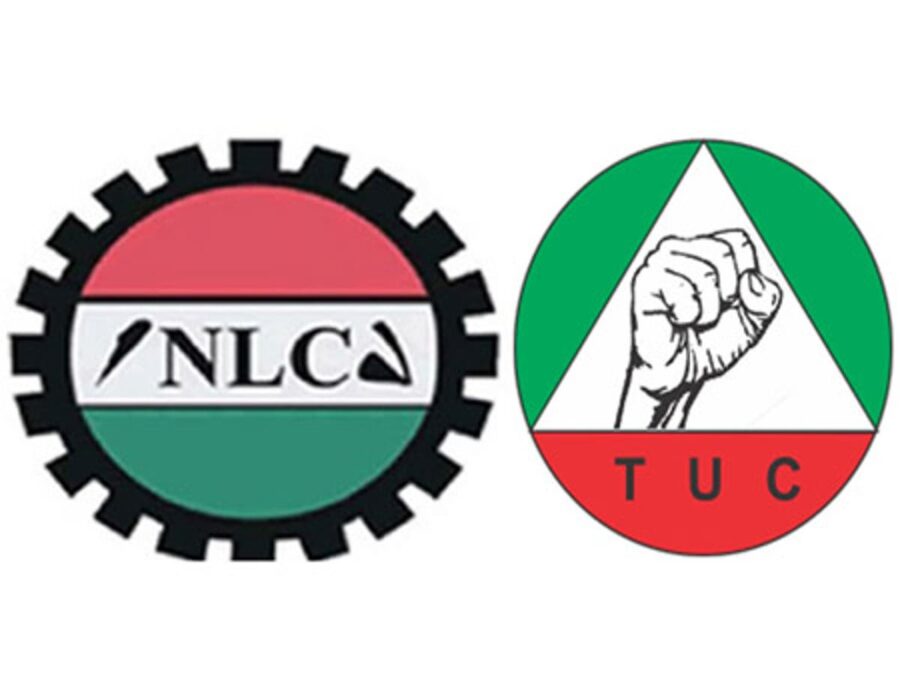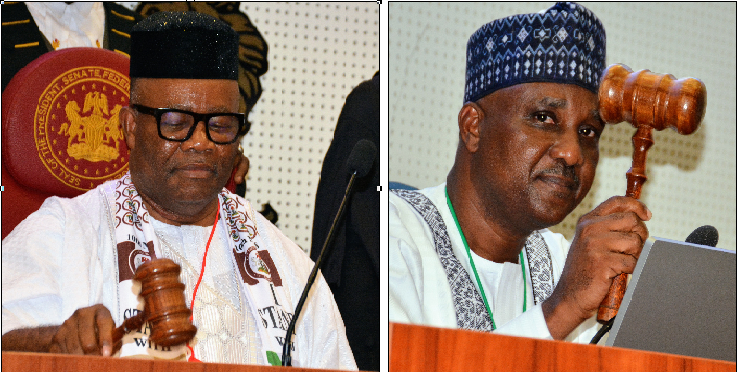The Nigeria Labour Congress, NLC, and its Trade Union Congress of Nigeria, TUC, counterpart, have given the Nigerian Electricity Regulatory Commission, NERC, till May 12 to withdraw the recent hike in electricity tariff or face unprecedented industrial action.
The unions in a letter said the hike in tariff is not just morally reprehensible considering the difficulties Nigerians are faced with currently, but it blatantly disregards fundamental principles and statutory obligations.
They noted that hike is a flagrant abuse of power and a clear violation of the trust bestowed upon the commission by the Nigerian people and such actions will not be tolerated or accepted as the new norm.











